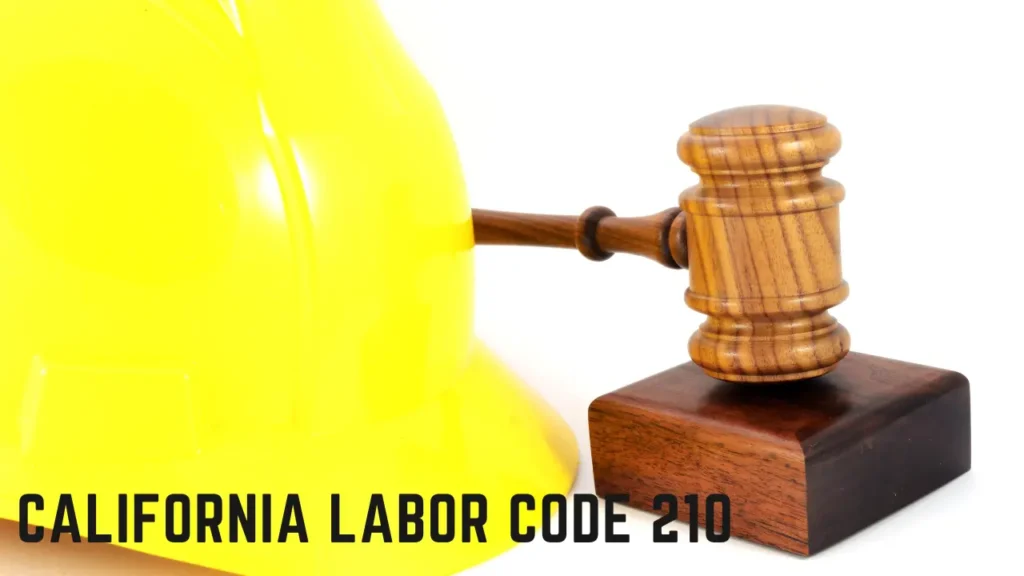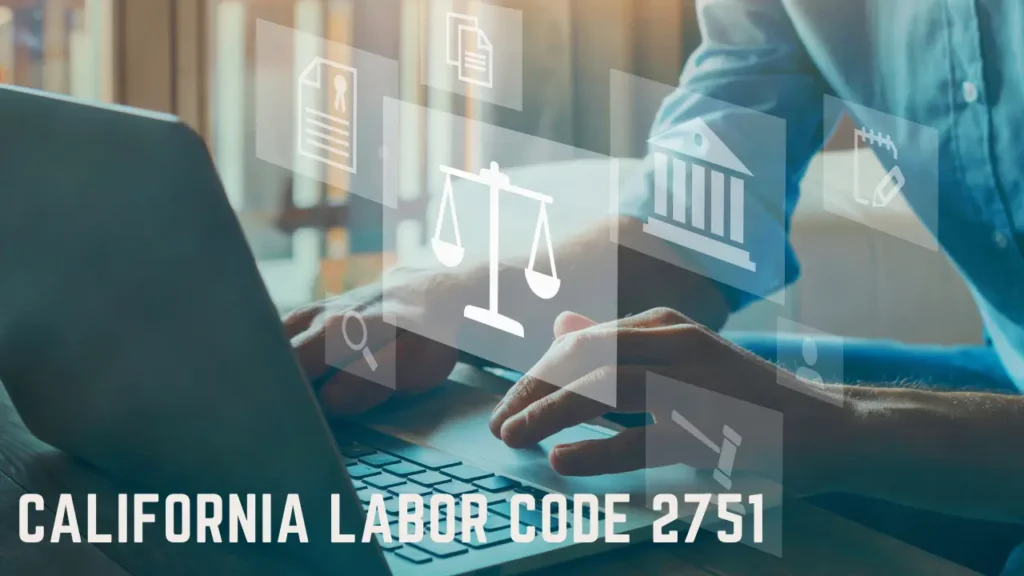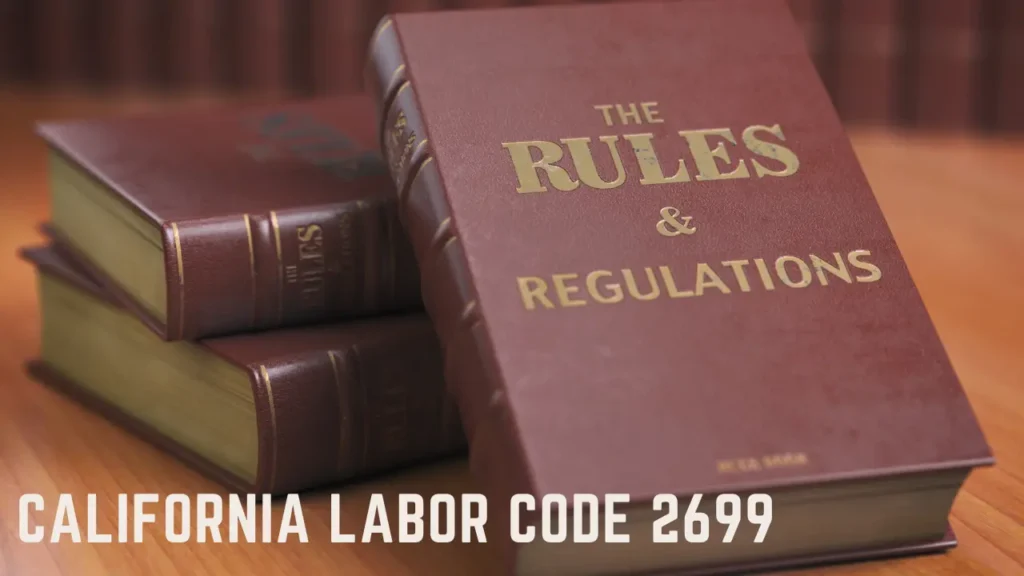Table of Contents
ToggleThis specific type of leave is crucial for California workers who have unfortunately become victims of crime, allowing them the necessary time to attend judicial proceedings and recover from the incident.
However, the specificities of such leave, including the types of crimes covered, notification requirements, and pay during absence, often remain shrouded in ambiguity for many employees.
Moreover, the protection against employer retaliation is a critical aspect that requires elucidation.
By dissecting these components, we can foster a comprehensive understanding of ‘Crime Victims Leave’, empowering California workers with the knowledge of their rights in the aftermath of a crime.
Do crime victims have the right to take leave in California?
In the state of California, employees who fall victim to certain crimes are indeed granted the right to take leave, facilitating their participation in judicial proceedings and actions related to their victim rights. This provision, known as the Crime Victims Leave, covers victims of violent felonies, serious felonies, felony theft or embezzlement, vehicular manslaughter while intoxicated, and felony child abuse, among others.
While the leave is typically unpaid, certain employment agreements or policies may provide pay entitlement. Notably, employers are prohibited from retaliating against employees who take such leave. In the face of unscheduled absences, employers may require written documentation, which can range from police reports to statements from medical professionals.
What crimes are covered?
Expanding on the aforementioned provisions of the Crime Victims Leave policy, certain specific criminal offenses are stipulated within this mandate. These include violent felonies, serious felonies, felony theft or embezzlement, and vehicular manslaughter while intoxicated.
The policy also provides leave for victims of felony child abuse, assault, domestic violence, and stalking. It is important to note that this leave does not require proof of crime for advance notice. However, unscheduled absences may necessitate written documentation, such as police reports, court orders, or statements from medical professionals.
Ultimately, the specific crimes outlined provide a broad framework intended to protect employees who have unfortunately become victims, granting them the necessary time for legal proceedings and recovery.
Is it necessary to inform my employer when Crime Victims Leave?
Under the provisions of the Crime Victims Leave policy in California, employees are required to provide reasonable advance notice to their employers about their intention to take leave, unless such notice is not feasible due to circumstances surrounding the crime. The importance of this requirement lies in allowing employers to manage their operations smoothly during the employee’s absence.
However, if an unscheduled absence occurs, the employee may need to provide written documentation, such as a police report, court order, or a statement from a medical professional. This is to prevent potential misuse of the policy. Notably, proof of the crime is not required for the advance notice.
In the event of an emergency, the necessity for immediate leave is recognized and respected.
Will I receive payment during my time off from work on Crime Victims Leave?
While the Crime Victims Leave policy safeguards an employee’s right to take leave for crime-related reasons, it does not guarantee continued pay during this period of absence. Pay entitlement during the leave depends heavily on specific employment agreements or policies.
Some employers may have provisions for paid leave in their contracts or union agreements. In the absence of such provisions, employees may use accrued vacation days, personal leave, or compensatory time to maintain their income.
However, it must be clearly understood that the law does not mandate employers to provide paid leave. Thus, it is essential for workers to understand their employment contracts and the policies of their organizations to ensure they are adequately covered during such unforeseen circumstances.
Can my employer penalize me for taking time off from work for Crime Victims Leave?
In light of understanding pay entitlements during Crime Victims Leave, it is equally critical to be aware of the worker’s protection against possible retaliation or discrimination from employers for availing such leave.
California law strictly prohibits employers from punishing employees for taking Crime Victims Leave. Any actions of retaliation, such as demotion, termination, or refusal to rehire, are illegal. Employees who face such unjust treatment can report these actions to the Division of Labor Standards Enforcement. If found guilty, employers may face penalties, including the possibility of being charged with a misdemeanor.
Remedies for the employee could include reinstatement, reimbursement for lost wages, and restoration of lost work benefits. Thus, employees are safeguarded against punitive measures for exercising their rights.
What should I do if my employer has violated my rights?
Should your rights be violated as a worker in California by an employer infringing upon your entitlement to Crime Victims Leave, it is important to know the steps you can take to address such misconduct.
- Document the Violation: Keep a record of all interactions with your employer concerning the leave. This may include emails, letters, or notes of conversations.
- Report the Misconduct: File a formal complaint with your Human Resources department detailing the infringement.
- Seek Legal Counsel: If the situation persists, consult with an employment attorney or the Division of Labor Standards Enforcement for further assistance.
What impact does AB 2992 have on crime victim leave laws?
Significantly expanding upon the existing crime victim leave laws, California’s AB 2992 legislation offers enhanced protections for workers who are victims of crime or abuse.
This new legislation broadens the scope of eligible victims to include those who are victims of specific crimes or abuse that caused physical injury or mental injury with a threat of physical injury. It further extends protection to immediate family members of homicide victims.
The law also prohibits employers from discharging, discriminating or retaliating against an employee for taking time off due to court proceedings or to seek medical help, psychological counseling, or other help, such as relocating or taking steps to ensure personal safety.
This makes AB 2992 a significant step forward in protecting workers’ rights in California.
Conclusion
In conclusion, ‘Crime Victims Leave’ in California provides significant rights to employees victimized by crimes. It covers a broad range of offenses, mandates employer notification, and addresses pay entitlements.
While it safeguards against employer retaliation, it also identifies legal recourse if rights are violated. AB 2992 further refines these laws, underlining the state’s commitment to protect crime victims in their workplace.
Awareness and understanding of these rights are key to reinforcing the protection of California’s workforce.
















